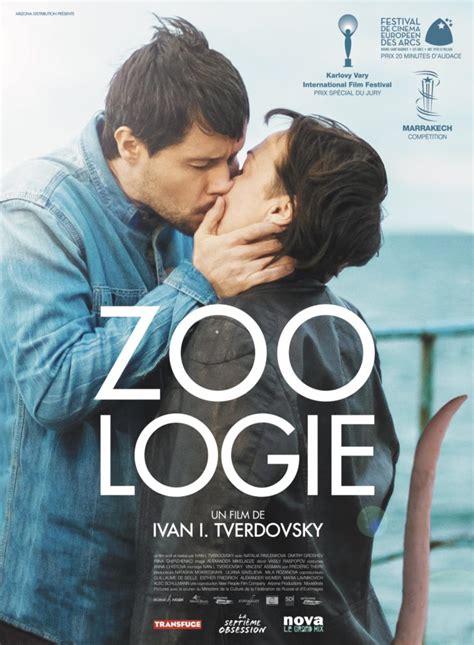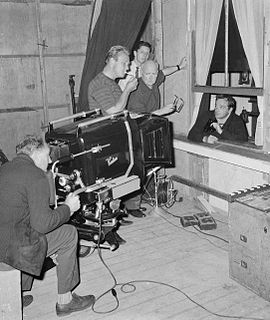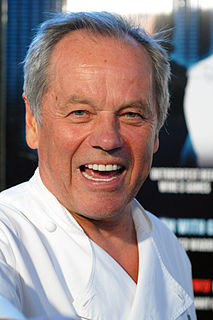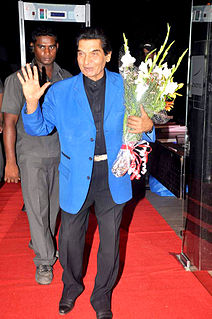A Quote by Marshall Curry
In 2008, A.J. Schnack recruited Thom Powers to start the Cinema Eye Honors to recognize the artistry and craft that go into making documentary films.
Related Quotes
To the documentary director the appearance of things and people is only superficial. It is the meaning behind the thing and the significance underlying the person that occupy his attention... Documentary approach to cinema differs from that of story-film not in its disregard for craftsman-ship, but in the purpose to which that craftsmanship is put. Documentary is a trade just as carpentry or pot-making. The pot-maker makes pots, and the documentarian documentaries.
It's true that there are younger people making films, and there are different kinds of films. This has created some attention in what's coming out of Greece, and people like to find a way to name this new ethnic cinema. It's not like there's a movement, or a common philosophy in making these films. They're just things that happened, and now people are paying attention to it.





































